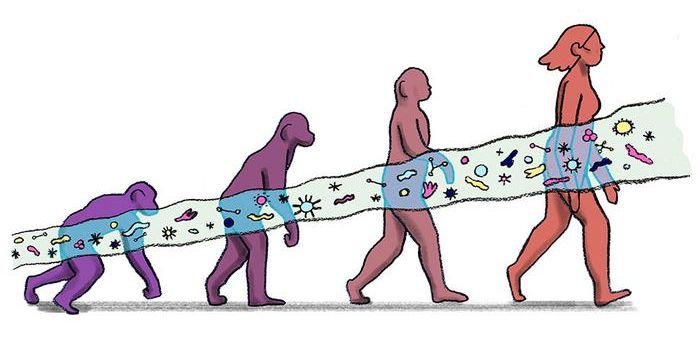Obeying Orders Reduces Empathy-Related Brain Activity
Researchers from the Netherlands Institute for Neuroscience have found obeying orders reduces brain activity related to empathy and guilt in those who inflict pain onto others. They say that the mechanism may explain why ‘normal’ people can be coerced into immoral behavior and committing war atrocities.
For the study, the authors recruited 40 participants who were put into pairs- one to be the ‘agent’ and one: the ‘victim’. Agents were told they had two buttons- one to trigger a mildly painful shock to the victim’s hand for 5 cents per push, and the other delivering no shock and no money.
Over the course of 60 rounds, agents were either free to choose whether or not to administer the shock, or received orders from the researchers to do so. Throughout the task, agents were placed in an MRI scanner to monitor their brain activity.
All in all, the authors noted that agents tended to send more shocks to victims when they were coercively instructed to do so than when not.
“Neuroimaging results showed that empathy-related regions were less active when obeying orders compared to acting freely. We also observed that obeying orders reduced activations in brain regions associated with the feeling of guilt”, says Kalliopi Ioumpa, one of the first authors of the study.
The researchers say that this mechanism- the suppression of empathy-related brain regions while following instructions- may explain why people can commit extremely immoral acts when coerced. They also say that their findings go some way to explain how obedience works in human behavior and may be used to create ways to prevent people from being coerced into committing mass-atrocities.
“The next step will be to understand why so few people resist immoral orders. Is it because their empathy weakens when they are following orders? A better understanding of how the brain processes empathy and instructions may lead to ways to help us resist calls to commit violence in the future”, says Dr. Emilie Caspar, another author of the study.
Sources: Science Direct, Neuroscience News









